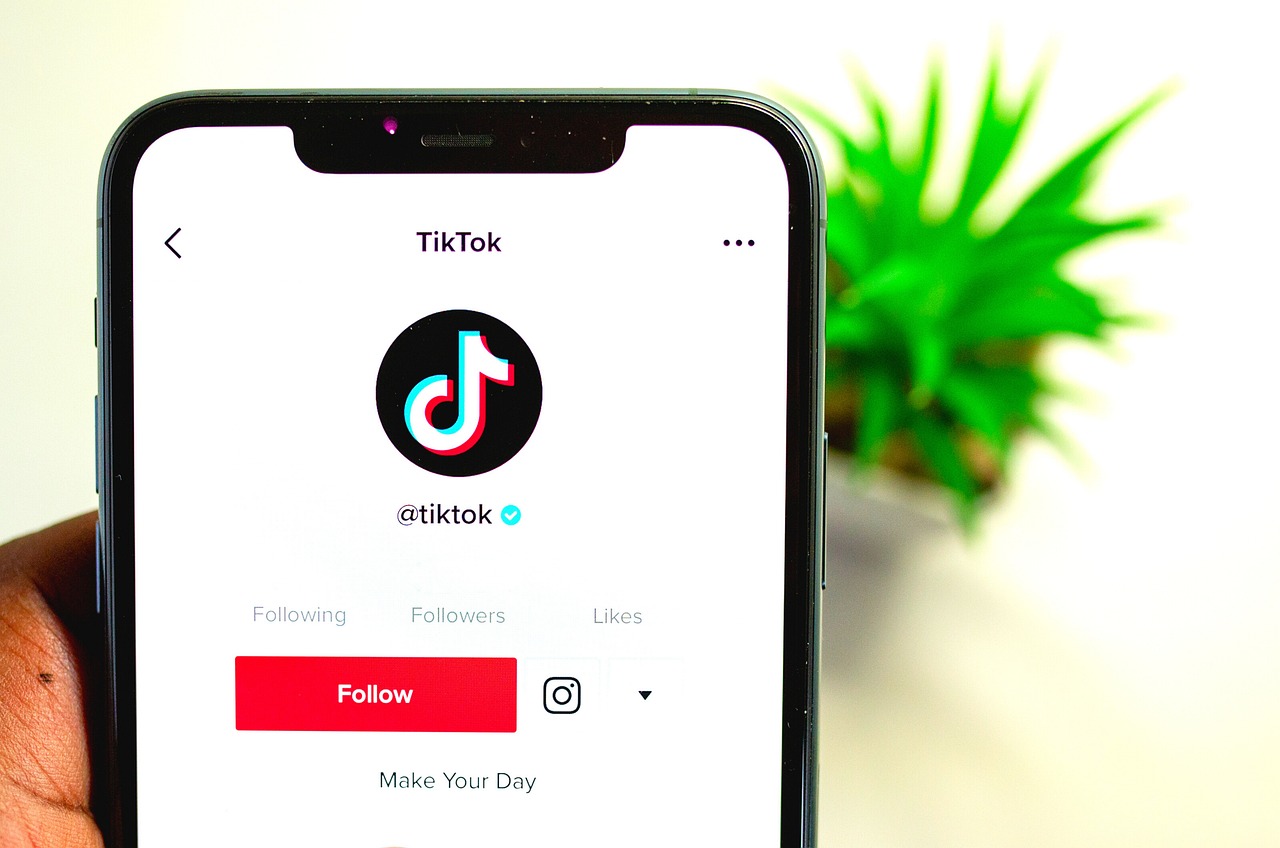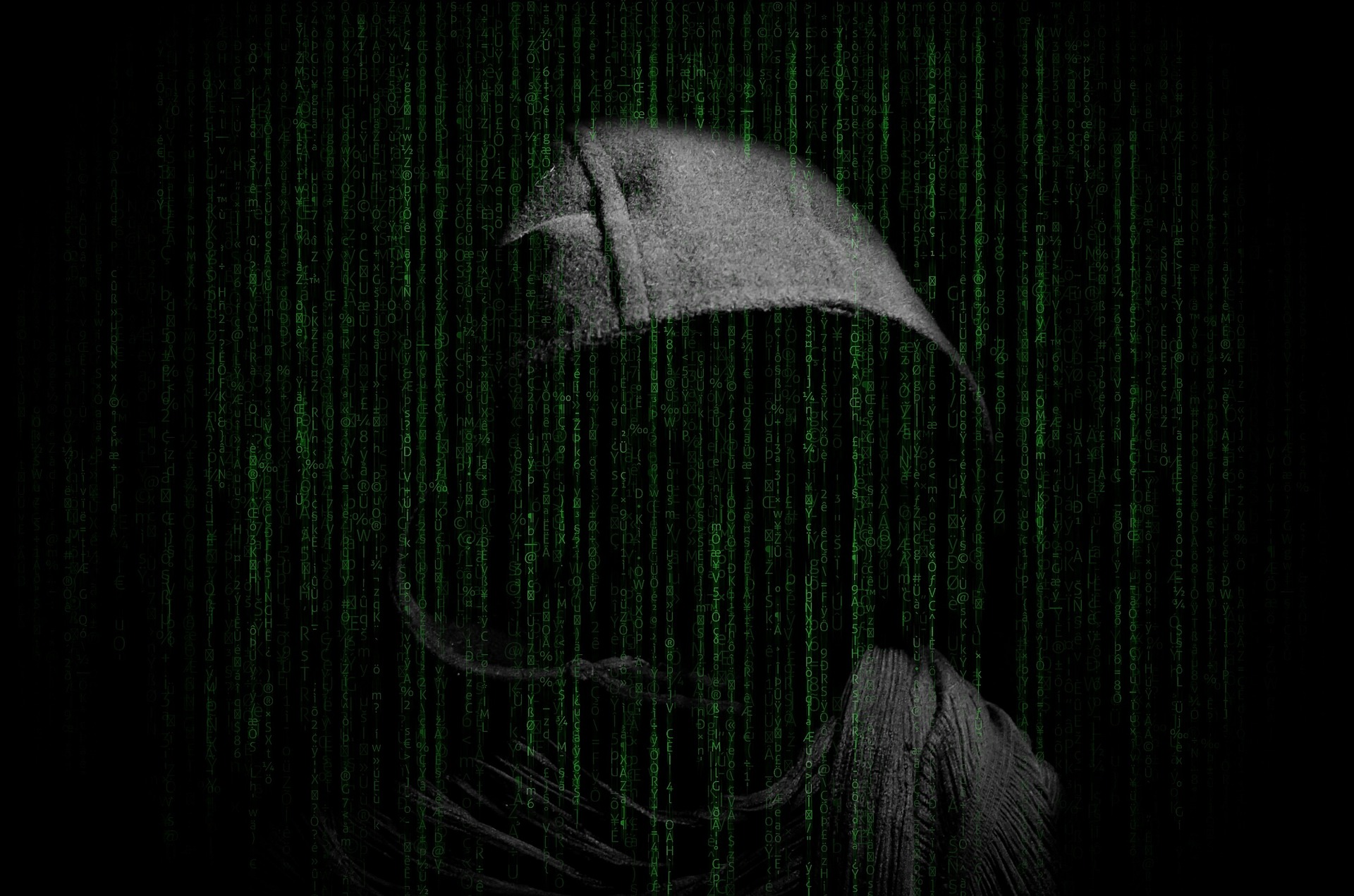TikTok has said it will challenge new US legislation requiring its parent company to sell it under threat of a ban in court.
The law signed this week by US President Joe Biden states that TikTok’s Chinese-based parent company ByteDance has 270 days with a possible 90-day extension to divest from the app or face a ban.
“This unconstitutional law is a TikTok ban, and we will challenge it in court. We believe the facts and the law are clearly on our side, and we will ultimately prevail,” TikTok said in a statement earlier this week.
Should a legal challenge fail, observers say Chinese authorities are unlikely to allow a sale, a move that could be seen as surrendering to Washington.
Beijing may not want the US action against the popular short-form video platform to set a “bad precedent,” said Alex Capri, a senior lecturer at the National University of Singapore and research fellow at Hinrich Foundation.
“If Beijing capitulates to the US, where does it end?”
No plan to sell TikTok’
ByteDance said on a Chinese news app it owns that it “doesn’t have any plan to sell TikTok”.
Hu Xijin, a former editor-in-chief for the Chinese party-run newspaper Global Times and now a political commentator, said that with 170 million American users, TikTok should “have more guts to fight to the very end and refuse to surrender”.
The fight over TikTok has increased tensions between the US and China, with both vowing to protect their interests.
US lawmakers have said that ByteDance’s ownership of TikTok is a national security threat, with its algorithm manipulating what US users see.
They have said they are trying to prevent “foreign adversary espionage”.
The law followed a string of successes by Washington in curbing the influence of Chinese companies through bans, export controls and forced divestitures, drawing protests from Beijing that the US is bent on suppressing China’s rise through economic coercion.
The US previously forced Beijing Kunlun, a Chinese mobile video game company, to sell the gay dating app Grindr after receiving a federal order.
But TikTok, which was created for the overseas market, is a case Beijing does not want to lose.



